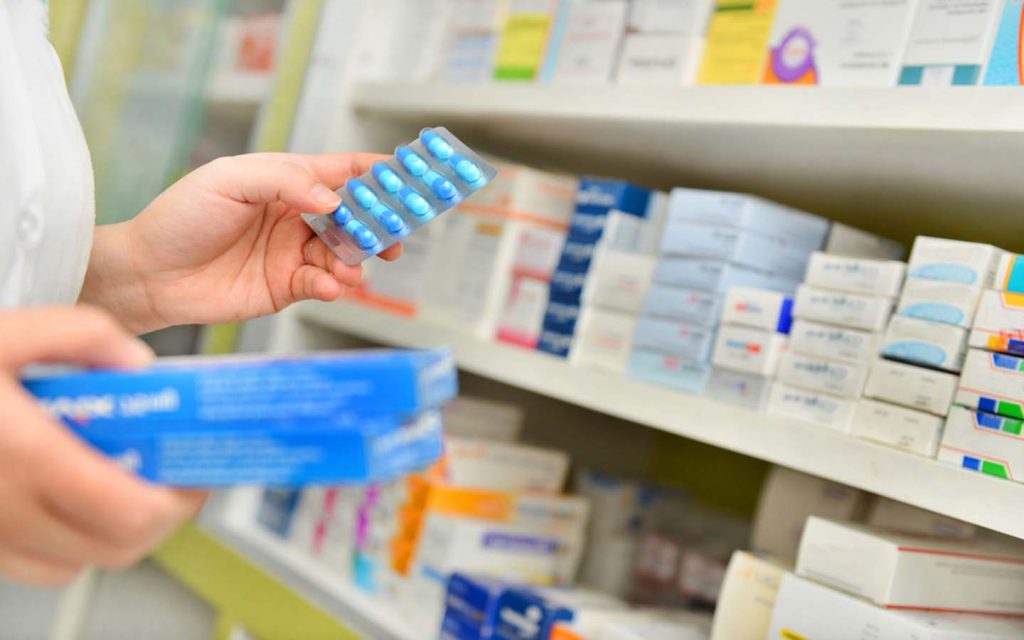What happens if you pack a routine painkiller but face issues at the airport in Abu Dhabi? The answer lies in the UAE’s strict but clearly defined medication rules. While most travelers carry essential medicines during international trips, entering the UAE with certain substances demands awareness. The country prioritizes public health and controls the circulation of narcotics and psychotropic drugs with specific laws. This means even common medications in Europe or Türkiye might require prior approval in Abu Dhabi.
Always check the ingredients before traveling
Not all medicines are treated equally in Abu Dhabi. Some over-the-counter products from other countries may include ingredients classified as controlled in the UAE. Medications containing codeine, for example, need prior clearance, even if prescribed. The UAE’s Ministry of Health publishes an updated list of these substances. It’s important to compare your medication’s active ingredients with this list. Just checking the brand name is not enough. A safe medicine in Istanbul or Berlin might trigger customs issues at AUH airport.
A valid prescription makes a significant difference
One essential rule stands out for bringing medicine into Abu Dhabi: documentation. Travelers should carry a recent medical prescription issued by a licensed physician. This document must clearly state the diagnosis, treatment plan, and dosage. It’s preferable that the prescription is in English or Arabic. Customs officers need to understand what the medication is for and why it’s necessary. Even for medications not on the controlled list, having a prescription avoids unnecessary delays.
Controlled substances need pre-approval before arrival
If your medication falls under the UAE’s controlled substance list, you must apply for permission before entering the country. This process can be done through an online portal run by the UAE health authorities. It usually requires uploading your passport, a doctor’s letter, and a detailed prescription. Approval times vary but generally take a few business days. Traveling without this prior clearance can result in confiscation or, in serious cases, legal consequences.
Keep medications in original packaging when entering
It may seem like a small detail, but packaging matters. Medications brought into Abu Dhabi should always remain in their original packaging. Loose pills in unmarked containers raise suspicion and complicate the screening process. Blister packs with printed labels or pharmacy-labeled bottles provide clarity. Officials want to see the name, dosage, and manufacturer. Repacking pills into daily organizers before arrival may be convenient, but it’s strongly discouraged.

Quantity limits reflect personal use only
Abu Dhabi’s rules aim to distinguish personal use from unauthorized distribution. Therefore, bringing excessive quantities of any medication may lead to questioning. Travelers are generally advised to carry only what’s needed for the duration of their stay. For longer visits, this means up to three months’ worth of medication. Anything beyond that could appear suspicious. In cases of relocation or long-term medical treatment, advance approval through local clinics may be required.
Liquid medications are allowed with proper labeling
If your prescription involves syrups, inhalers, or liquid solutions, these are allowed but must also follow clear guidelines. The labeling must show dosage, patient name, and product information. During security checks at the airport, liquids are subject to standard international restrictions. However, if classified as medical necessity, exemptions apply. Carrying a doctor’s note for liquids over 100 ml is a good precaution. Customs officers understand medical needs but expect transparency.
Herbal supplements and home remedies face extra scrutiny
It’s not just pharmaceutical drugs that are regulated. Abu Dhabi’s customs controls also extend to herbal remedies, traditional medicine, and dietary supplements. Some natural products include banned substances or unlisted ingredients. Travelers who use such products in Türkiye or elsewhere should verify if they’re permitted. Even if bought from a reputable pharmacy abroad, herbal supplements can still raise red flags. When unsure, it’s better to leave them out of your luggage.
Online verification helps travelers avoid problems
Before packing your medication, it’s helpful to consult the UAE’s official portals for health regulation. DHA and MOHAP websites include clear guidance in English and Arabic. These sources provide updated lists and instructions. If needed, you can even contact customer support for clarification. This proactive approach is especially useful for first-time travelers or those bringing multiple medications. Ignorance is not accepted as an excuse at the border.
Locals and residents follow similar medication rules
Visitors aren’t the only ones expected to follow these procedures. Residents of Abu Dhabi are also bound by the same health laws. Even long-term expats who receive regular treatment must get controlled medications through licensed clinics. This consistent enforcement reflects the UAE’s healthcare priorities. It ensures that everyone, local or foreign, adheres to the same standards. So while the process might seem strict, it applies equally to all who live in or visit Abu Dhabi.
This guide was prepared by the editor of www.few.ae using verified insights and local experience.


 then "Add to Home Screen"
then "Add to Home Screen"